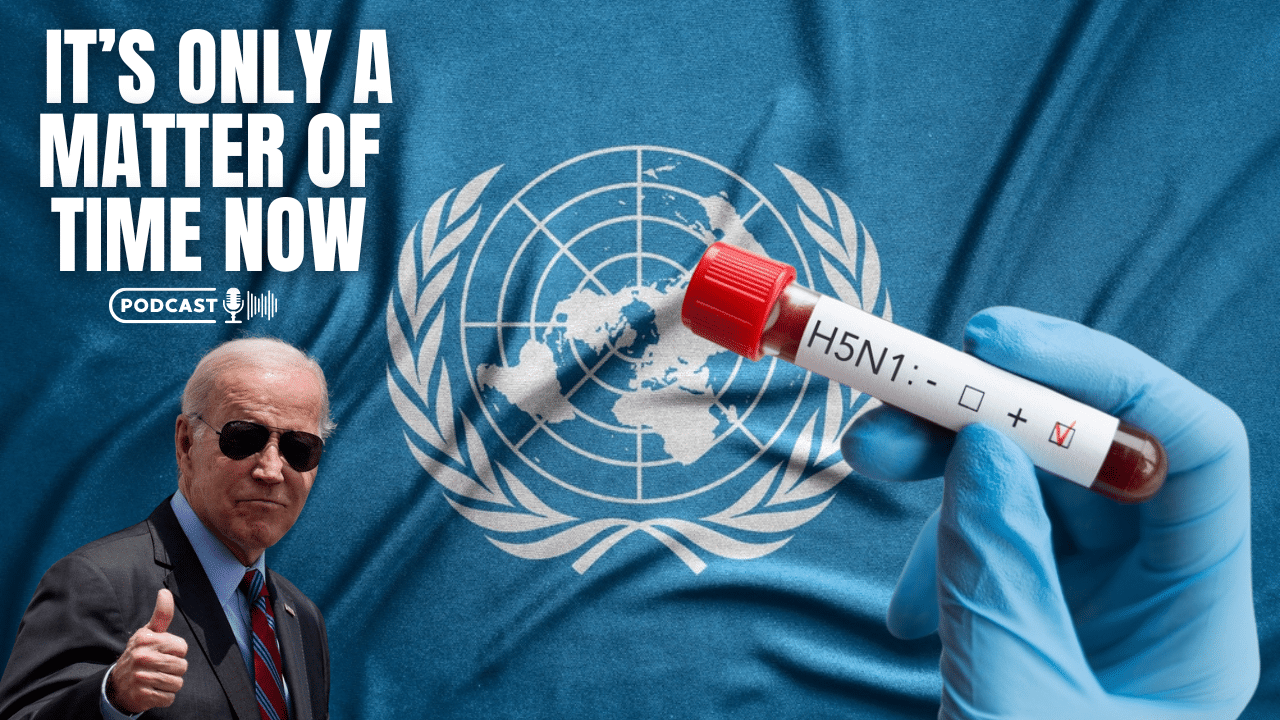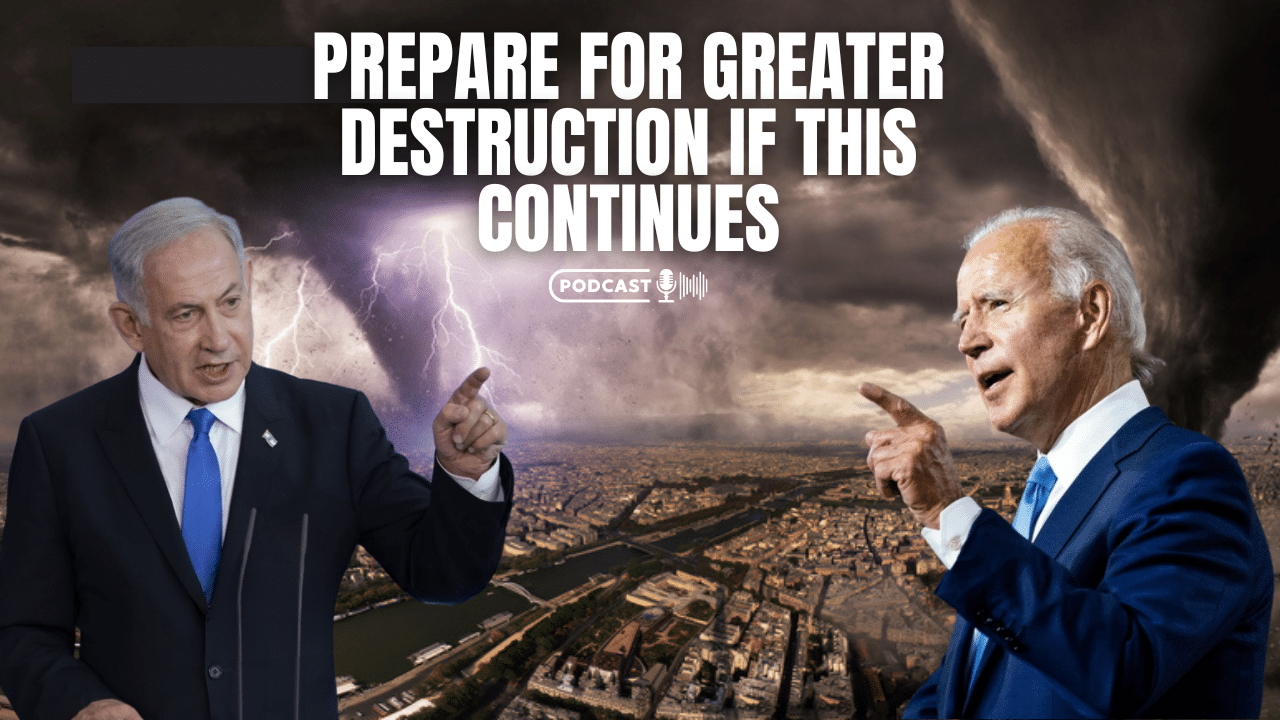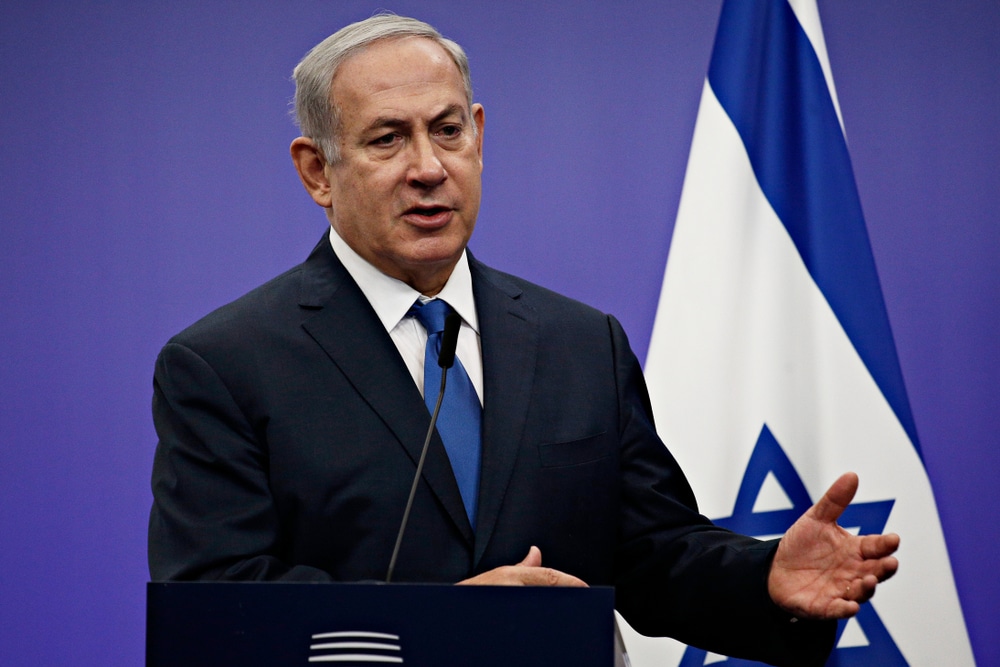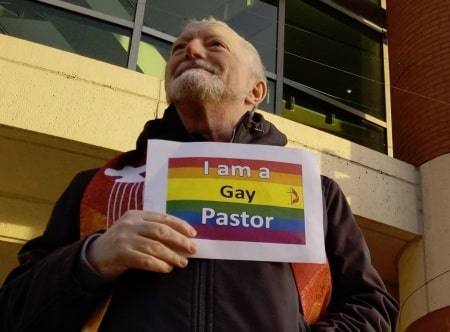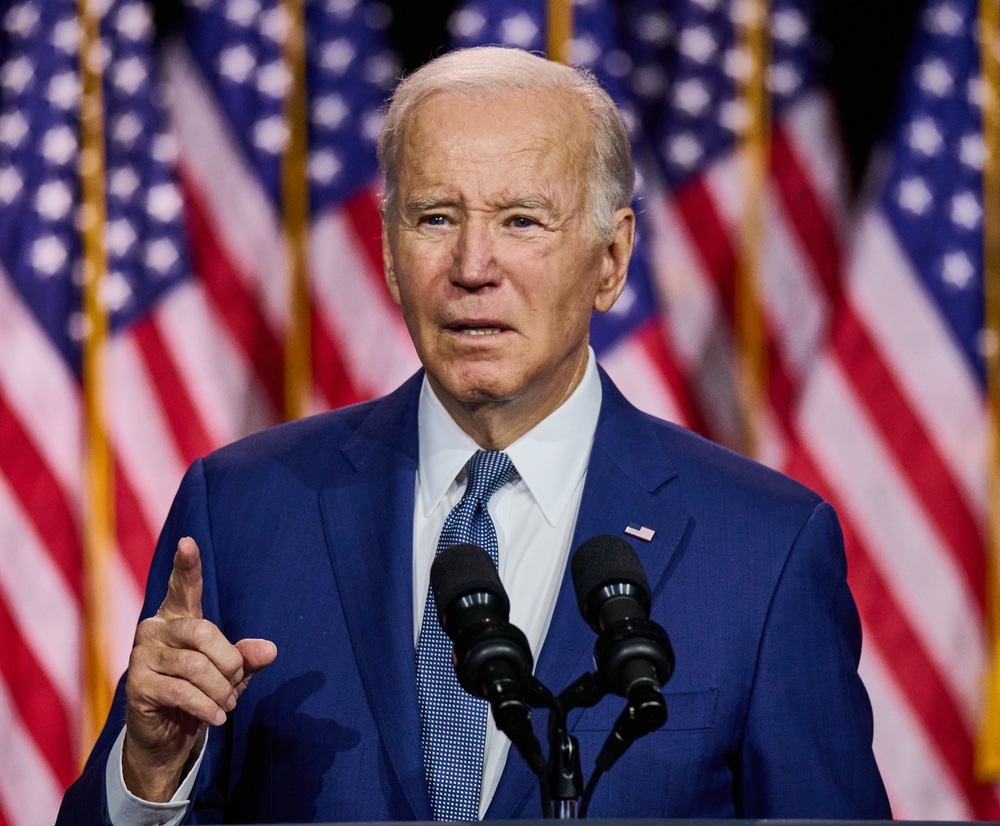(OPINION) Despite a blackout by the American media, the Summit for a New Global Financing Pact brought more than 50 world leaders to Paris for a meeting that is sure to have far-reaching consequences for the world.
On June 22 and 23, President Emmanuel Macron welcomed 50 heads of state, representatives of NGOs, and civil society organizations to Paris for the “Summit for a New Global Financing Pact.”
Although the summit received little to no reporting from the American media, it was the latest effort to reset the international financial system as part of the continued push towards the 2030 Agenda and “net-zero” goals.
The French government stated that the objective of the gathering was to “build a new contract between the global North and South” which will better equip the nations to fight poverty and climate change.
The summit was attended by US President Joe Biden, German Chancellor Olaf Scholz, British Prime Minister Rishi Sunak, and Brazilian President Luiz Inacio Lula da Silva.
In addition to heads of state, the summit was organized with support from the Open Society Foundations, the Bill and Melinda Gates Foundation, and the Rockefeller Foundation, among others.
France24 reports that Macron first announced his intention to host the finance summit at the end of COP27 in November 2022 after environmentalists were dissatisfied with the climate negotiations.
At that meeting, an agreement was reached to create a fund to compensate developing countries who suffer the effects of climate change. One of the goals of the June summit was to establish tools to finance such a fund.
One of the other stated goals of this summit was to transform the entire international financial system by adapting the International Monetary Fund (IMF) and the World Bank to modern challenges.
These goals mirror recent statements made by UN Secretary-General Antonio Guterres when he called for a “new Bretton Woods moment”, referencing the infamous 1944 international agreement which established rules for governing monetary relations among independent states, including requiring each nation to guarantee convertibility of their currencies into U.S. dollars. The Bretton Woods Agreement established the IMF.
IMF Managing Director Kristalina Georgieva also called for a “new Bretton Woods moment” in October 2020.
One of the suggestions for generating the trillions of dollars needed to transform the financial system (and the world along with it) is to tax the biggest polluters, particularly fossil fuel companies because of “their historic responsibility for climate chaos.” There have also been discussions on taxing ships transporting goods.
NGOs are also proposing various forms of debt forgiveness for developing countries that have the dual task of repaying loans from developed nations and banks, such as the World Bank, while also battling environmental degradation.
“Today, countries in crisis are forced to repay their debts to creditor states, financial institutions and private banks, and this prevents them from investing in public services or fighting against climate change,” Lison Rehbinder, development finance advocacy officer at the CCFD-Terre Solidaire NGO, told France24.
Rehbinder also says plans are being discussed to introduce clauses in loan contracts that allow debts to be suspended in the event of a “climate disaster.”
The actual “New Global Financing Pact” states that the goal is “Building a New Consensus for a More Inclusive International Financial System.” The document also outlines “key international milestones” for 2023 and 2024 where further commitments and discussions are expected to take place.
Just days before the summit Le Monde published an opinion piece from 13 political leaders attending the summit, including Macron, US President Joe Biden, German Chancellor Olaf Scholz, British Prime Minister Rishi Sunak, and Brazilian President Luiz Inacio Lula da Silva. The politicians wrote that they are “urgently working to fight poverty and inequalities.”
“Climate change will generate larger and more frequent disasters, and disproportionately affect the poorest, most vulnerable populations around the world,” they wrote. “These challenges cross borders and pose existential risks to societies and economies.” (READ MORE)



